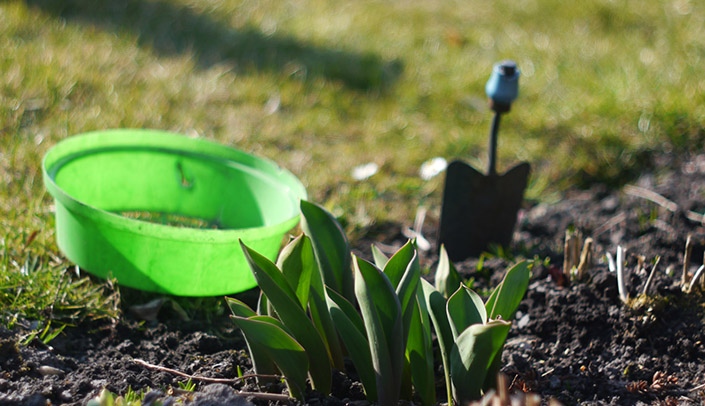There has been a renewed interest in gardening this spring, specifically vegetable gardening. The pandemic forced us to consider food shortages, and staying at home means more free time and the need to fill that time.
You don’t need a lot of space, and the Nebraska Extension Office has lots of resources to get you started.
If you live in an apartment or don’t have a yard to garden in, consider participating in a community garden. Community gardens can increase resiliency by relying on your community to grow food and come together as just that — a community. Investing time and resources into local shared gardens will make it easier to eat healthfully, get to know the people in your neighborhood and reduce crime. It’s also good for your physical and mental health.
In Omaha, there are numerous community gardens that you can get involved with. Douglas County has a great database listing all of the gardens, including a searchable map so you can find one near you. Pick a community garden close to your home, and make sure to contact the garden organizers first to let them know you are coming. At some community gardens, you can become a member, which will allow you to buy a small plot. There may be a waitlist, so if you are interested, check on that quickly.
If gardening isn’t your thing, but you still want to eat more local produce (did you know it can help you fight coronavirus?), consider the farmer’s market. Due to COVID-19, we won’t be having a farmer’s market on campus this year, but they started in Omaha this past weekend.
Area farmer’s markets look different this year but are still a great option to purchase local food and reduce your carbon footprint. There are a few great markets here in Omaha. Check out those closest to you. Local food is seasonal and fresh, you invest in a sustainable/local economy, and the amount of emissions and environmental toxins is drastically reduced. You will not only be eating healthier, but you can try new types of produce that you may not have had before.
Many of the farmers associated have community supported agriculture (CSA) or delivery options that are minimal contact.
